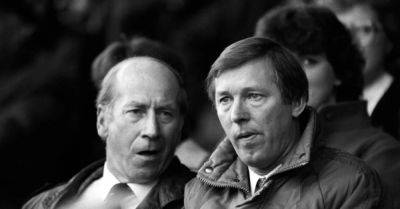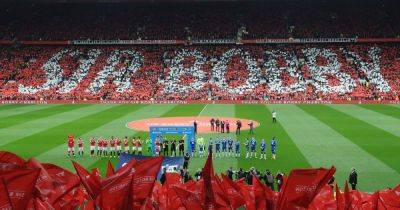‘Football’s fabric will disappear’: the fear of Sunderland pioneer Sir Bob Murray
When Sir Bob Murray, who made his fortune in kitchens and bathrooms, became chairman of Sunderland in 1986, he replaced Tom Cowie, who owned a car dealership. For the five years that followed he was involved in a legal dispute over the acquisition of Cowie’s shares with another board member, Barry Batey, a local estate agent. They may at times have been bitterly opposed, but all three men were Sunderland fans. That’s how football used to be.
By the time Murray sold up 20 years later, to the Niall Quinn-fronted Irish consortium Drumaville, Roman Abramovich was installed at Chelsea and the era of oligarchs, states and private equity was under way. The ramifications of that change were profound and have not stopped rumbling yet.
It would be naive to think the fan-owners were all in it for the good of their club or the region it represented but, whatever self-interest drove them, they at least had an awareness of and need to satisfy fan expectations. Until 1981, dividends had been capped at 7.5% and no director was permitted to draw a salary. There was little sense a club should seek to make a profit: they existed to win matches, a mentality that took time to change.
Idyllic as that may sound in this commercial age, the reality was a lack of investment in grounds, most of which were crumbling and some of which turned out to be death traps. The year before Murray became chairman there were riots at Chelsea and Luton and the tragedies at Bradford and Heysel. He knew change was needed, even though that would mean Sunderland leaving Roker Park. “It was time for a reset,” he tells me. “Grounds needed to be modernised and made safer.”
It took Hillsborough and the Taylor report to make that clear to English football as a whole, but



